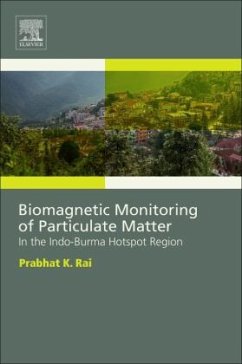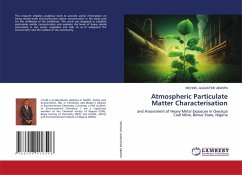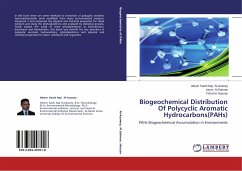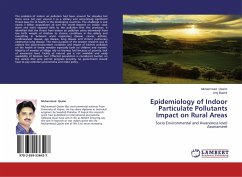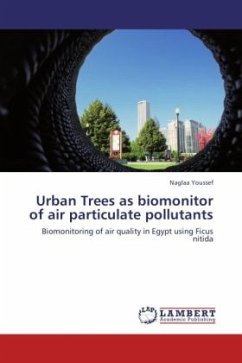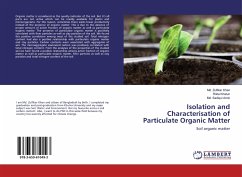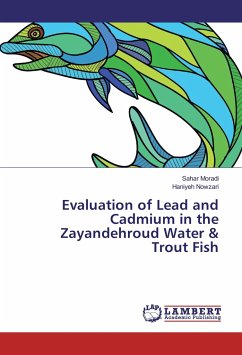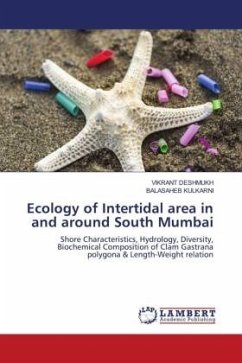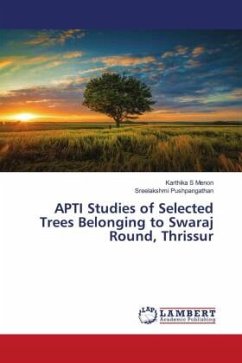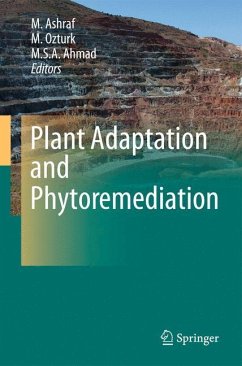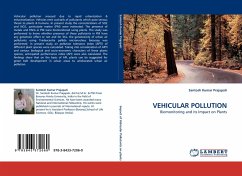
VEHICULAR POLLUTION
Biomonitoring and its Impact on Plants
Versandkostenfrei!
Versandfertig in 6-10 Tagen
32,99 €
inkl. MwSt.

PAYBACK Punkte
16 °P sammeln!
Vehicular pollution aroused due to rapid urbanization & industrialization. Vehicles emit cocktails of pollutants which pose serious threat to plants & humans. In present study the concentrations of SO2 and NO2, particulate matter (PM) were estimated. The presence of metals and PAHs in PM were biomonitored using plants. The study was performed to know whether presence of these pollutants in PM have any genotoxic effect or not and for this, the genotoxicity of urban air pollutants using Tradescantia pallida micronucleus bioassay was performed. In present study air pollution tolerance index (APTI...
Vehicular pollution aroused due to rapid urbanization & industrialization. Vehicles emit cocktails of pollutants which pose serious threat to plants & humans. In present study the concentrations of SO2 and NO2, particulate matter (PM) were estimated. The presence of metals and PAHs in PM were biomonitored using plants. The study was performed to know whether presence of these pollutants in PM have any genotoxic effect or not and for this, the genotoxicity of urban air pollutants using Tradescantia pallida micronucleus bioassay was performed. In present study air pollution tolerance index (APTI) of different plant species were calculated. Taking into consideration of APTI and various biological and socio-economic characters of these plants species, anticipated performance index (API) were also calculated. The findings show that on the basis of API, plants can be suggested for green belt development in urban areas to ameliorated urban air pollution.





